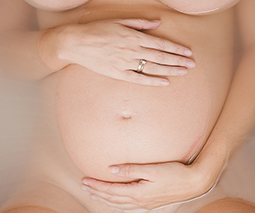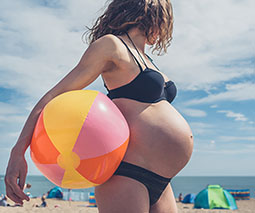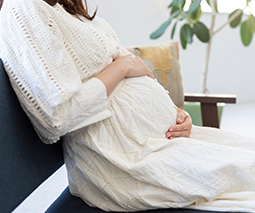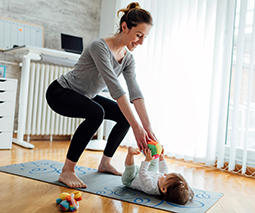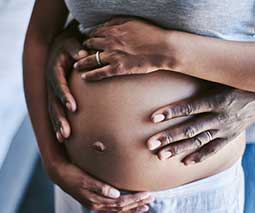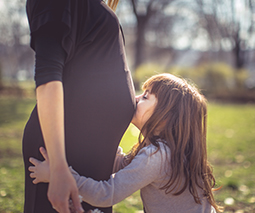How big should you really get? How to stay a healthy weight during pregnancy
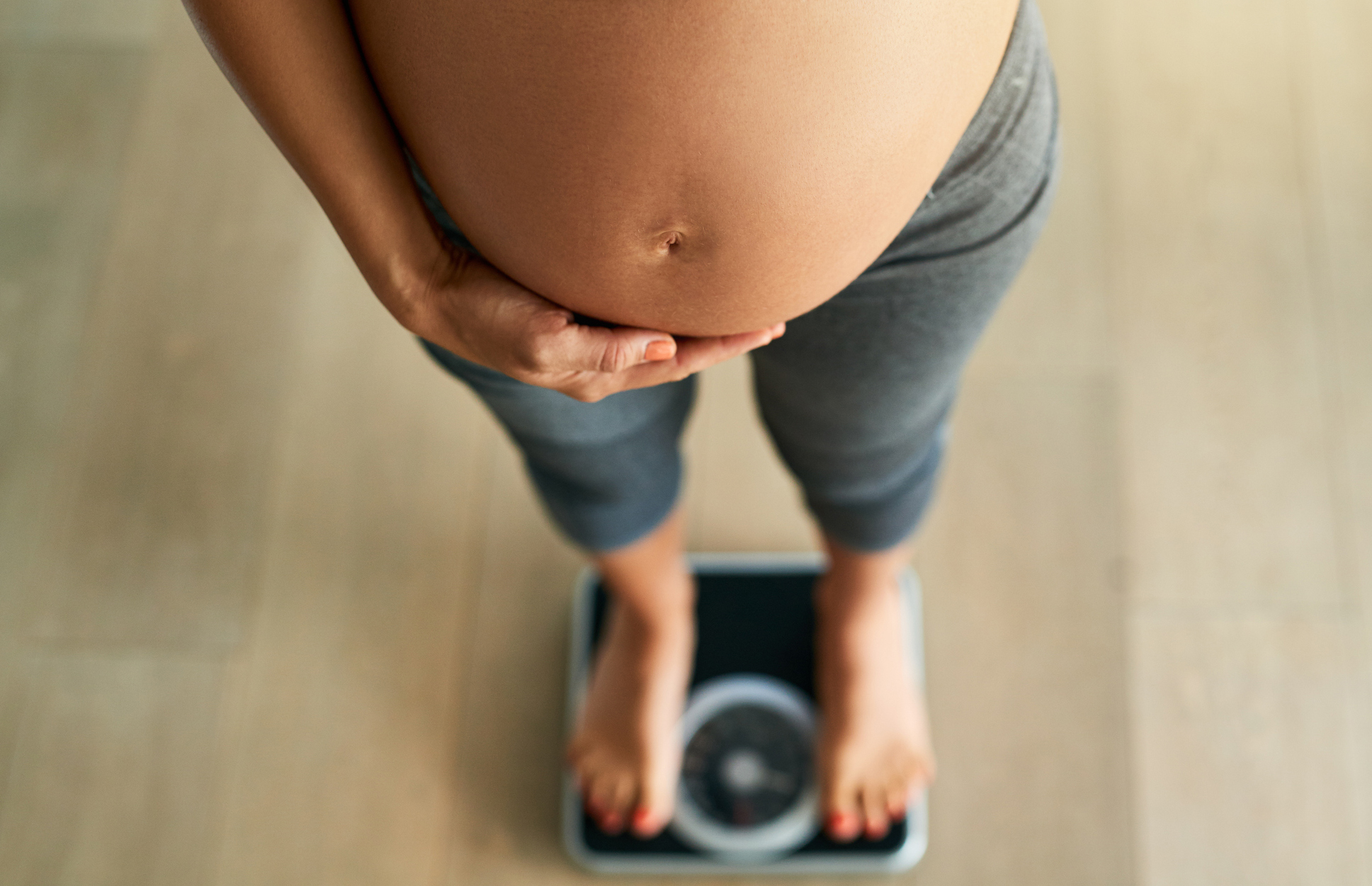
Some pregnant women look tiny even at full term, while others (like me) put on 30+ kilos and have to wear their rings around their neck because their fingers have blown up like sausages. So how much weight should you really put on in pregnancy?
We spoke with dietitian and author of The Pregnancy Weight Plan, Melanie McGrice, for the lowdown on best practice when you’re ‘eating for two’.
Exactly how much weight is okay?
According to Melanie, the most widely used guidelines are from the Institute of Medicine. “They recommend that women with a healthy weight at conception should aim for 11.5-16kg by the end of their pregnancy,” she says. “Women who are overweight usually need to gain less weight throughout pregnancy as they don’t need to put on the additional fat stores, and women who are underweight at conception often need to aim for a bit more weight gain.”
A good thing to remember also is where the weight is being applied. Only 3-4 of your extra kilograms are baby weight; the rest of the weight comes from increased blood stores, the placenta, a thickening of the uterus, an increase in breast size, fat stores and fluid.
What happens if you gain too much or too little?
Aside from being quite uncomfortable and finding it hard to get around, when you gain too much weight in pregnancy it can also lead to other issues. Melanie says it increases the risk of medical conditions such as gestational diabetes and pre-eclampsia; tearing and other birthing traumas; and increases the need to have an emergency caesarean.
“Gaining too much weight during pregnancy also increases the risk of childhood obesity, and that mum will struggle with her weight in the future too, as pregnancy weight seems to be particularly difficult to shift,” says Melanie. On the flip side, she says not gaining enough weight during pregnancy increases the risk of nutritional deficiencies, and of having a baby who is undernourished and small.
Not all weight gain is equal
Looking a bit like a bloated whale? Melanie says women often gain a lot of fluid weight during pregnancy which can make them look and feel heavier, but this fluid weight is lost rapidly after delivery. Which is exactly what happened when I was pregnant with my first child. It was hard not to freak out when I packed on the kilos but I lost most of it almost immediately after the birth (like a deflating water balloon!). So just because you look enormous it doesn’t necessarily mean you’re overeating and need to cut back. Be sure to keep an eye on your blood pressure though and get the circulation flowing by not sitting still for too long.
How to keep your weight on track
When you’re feeling tired and have cravings it can be hard to be aware of exactly what you’re eating on a daily basis. And for those with terrible morning sickness, conversely they might not feel like eating much at all. So having a personal pregnancy weight gain goal is important.
“You probably won’t gain exactly the same amount of weight each week, but it’s recommended that you keep an eye on how your weight is tracking,” says Melanie. “Even though weight can have a big impact upon the health of your pregnancy, health professionals are human and most don’t like to bring up such a sensitive topic. So make it your responsibility to keep an eye on your weight, and if you need help, ask.”

